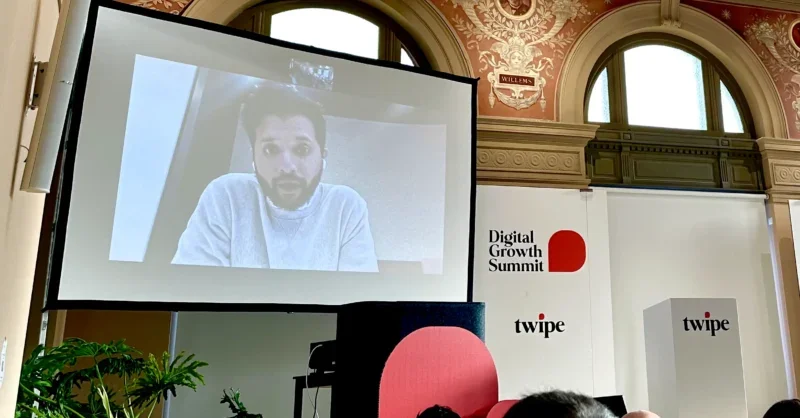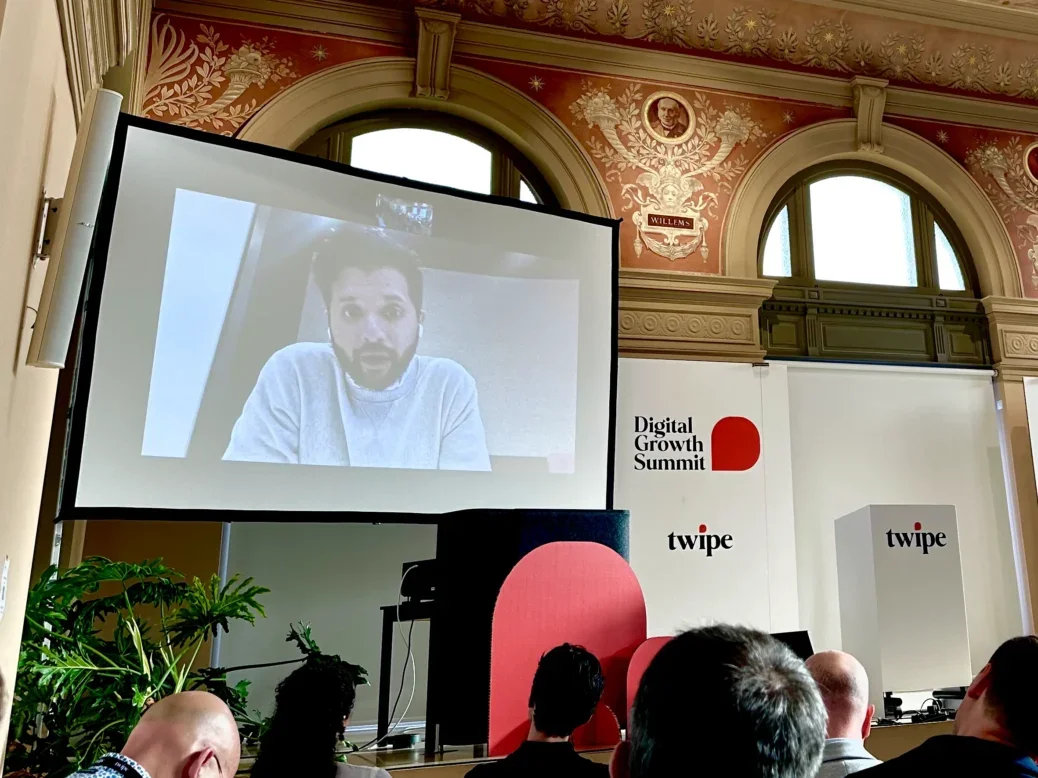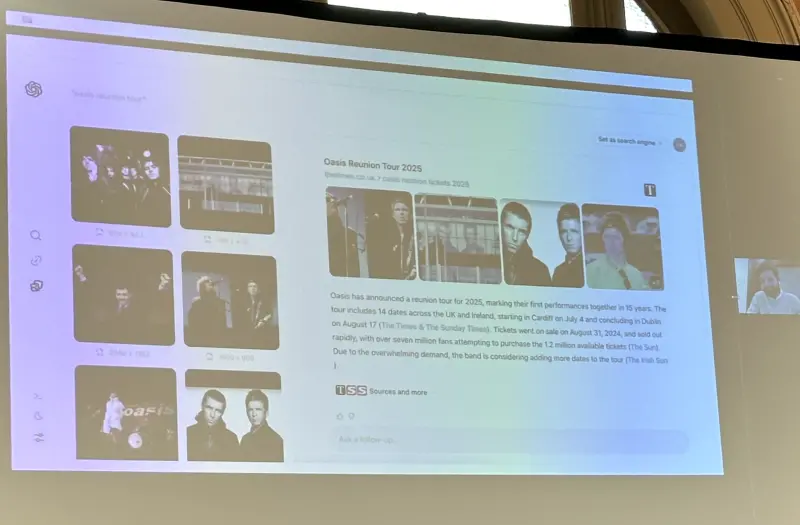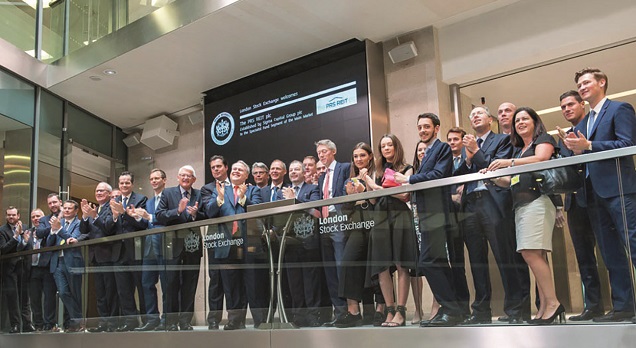In recognition of the “negative emotional baggage” that can come after a relationship break-up, Ricardo Dublado, chief executive of Cebu Century Plaza Hotel in the Philippines, last year unveiled an unusual new staff policy: five paid days of heartbreak leave.
The time off, which can be taken annually provided the break-up is with a different person each year, was inspired by Dublado’s own experience. In the Philippines the idea is catching on: a parliamentary bill in February proposed that any worker going through a romantic break-up should be eligible for up to three days of unpaid leave. “Studies reveal the substantial toll break-ups take on individuals, affecting their emotional and mental wellbeing, leading to decreased productivity, absenteeism and higher healthcare costs,” said Congressman Lordan Suan.
Employers across the world have increasingly sought to make concessions for their workers’ personal lives, offering wellbeing days, flexible work and, in some cases, counselling services.
Some global companies may already encourage heartbreak leave under a different name. In the pandemic, employers introduced time off for wellbeing to differentiate themselves from competitors or give staff a discreet chance to look after their mental health or care for their families. Many continued, including software group Adobe, which offers six wellbeing days a year. Virgin Money gives five.
In the Philippines, Effel Santillan, human resources manager at Harbor Star Shipping Services, said employees suffering from lost love were generally allowed to take time off on a discretionary basis. “At the end of the day, the manager takes responsibility.”
UK employers including Tesco, the supermarket chain, and Metro Bank have targeted break-up support to families, signing up to the Parents Promise, created by Positive Parenting Alliance, an advocacy group. Employers make commitments to help parents who are separating from each other, including giving them a chance to work flexibly and helping them access counselling. In return, they receive support from the alliance.
Positive Parenting Alliance founder James Hayhurst wants “employers to recognise [separation] as a life event. If you’re going to separate, the employer can help you do it well.”
PwC, a signatory, said that while it did not have a specific divorce policy, working arrangements were designed to support big life events. “Everyone’s situation is unique, so we actively listen to our people to understand their needs,” Anne Hurst, the firm’s inclusion lead, said. “Our goal is to create a supportive environment that helps our people balance their personal and professional lives.”
In one 2023 study by researchers from the University of Minnesota, 44 per cent of respondents said going through divorce had a negative effect on work. People whose marriages ended reported an inability to focus or sleep and a tendency to break down in tears. “Crippling depression is slowing down my ability to socialise with my co-workers and supervisor,” said one.
However, a sizeable minority — 39 per cent — had a different experience, saying divorce was positive, freeing “up time and energy” and providing an opportunity for renewal.
The study suggested offering some help to people struggling with separation. Flexible scheduling or remote work, it said, may help employees manage “divorce-related appointments and also provide space to work . . . without placing an undue and unnecessary strain on emotional regulatory capacities”.
In the Philippines, meanwhile, Suan’s bill could face a tough hearing. Laws in the country do not guarantee time off for mental health problems on top of a statutory minimum of five days’ leave. The People Management Association of the Philippines, a professional body for human resources, has said that wellness leave is an “additional expense and additional interruption to business operations”.
Another question is whether heartbroken employees would take leave at all. Customer services worker Abigail Marquez, 27, said that in the event of a break-up she would not take advantage of the benefit as proposed in the bill, because it was unpaid. For some workers, protecting their income still takes priority over their heartache — or, as Marquez put it, “no money, no honey”.












































































































































You must be logged in to post a comment Login